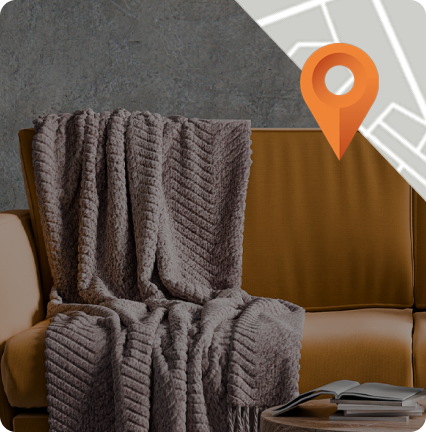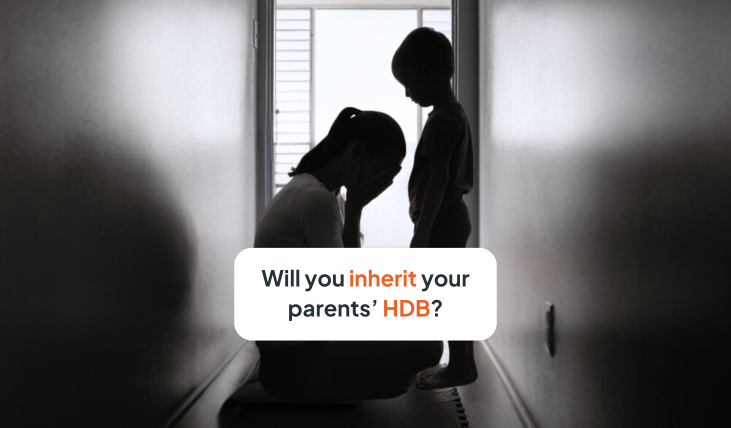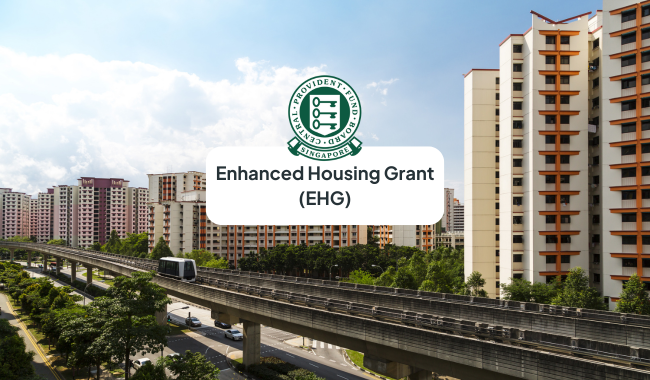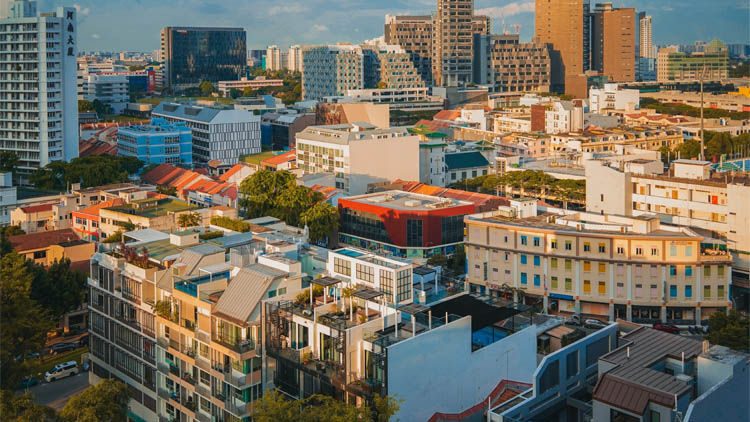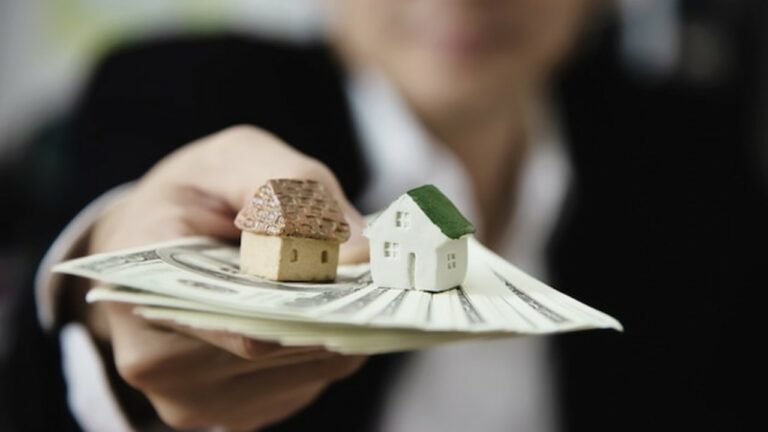Homeowners who wish to sell their HDB flats quickly, or are experiencing trouble finding willing buyers in the market, are often advised to lower their asking price relative to past transactions of similar properties within their neighbourhood.
But even that might not be enough for minority home sellers, who often face greater difficulty navigating the HDB’s Ethnic Integration Policy (EIP). Simply put, the EIP is a cap on the number of households within the same ethnic group that can occupy an HDB block or neighbourhood.
While EIP caps apply to home sellers of the majority race as well, the fact of the matter is that selling a home will always be a numbers game. On top of having both buyers’ and sellers’ expectations aligned, minority home sellers have to choose from a much smaller pool of eligible sellers to ensure that their block can still hit the EIP quota after their sale is completed.
As a result, many minority home sellers often settle for less profits, or have to sell their HDB flats at a less opportune time, simply because it takes much longer for them to find an eligible buyer who is willing to match their asking price. Even National Development Minister Desmond Lee has acknowledged that the EIP policy has “rough edges” that makes it difficult for minority owners to sell their flats.
Thankfully, there are workarounds (albeit imperfect) for minority home sellers to consider should they find themselves in a pinch. HDB’s latest buyback assistance policy also adds a silver lining to the property market by providing an additional lifeline for struggling home sellers.
Contents:
What is the Ethnic Integration Policy (EIP)?
HDB first introduced the EIP in 1989 as part of government efforts to create a cohesive, multiracial and multicultural society. The policy was devised to prevent the formation of enclaves and encourage interactions across racial groups. Under the EIP, each HDB block would have a diverse ethnic makeup with ethnic group proportions mirroring the overall population of Singapore. It is a form of establishing an ethnic quota in each area.
Once the EIP limit for a particular ethnic group has been reached, additional households of the same ethnic group will not be eligible to move into the affected block or neighbourhood. This has often placed minority homeowners in a position where they can only sell their flat to another household of a minority race.
Of course, not all households fit neatly into the CMIO (Chinese, Malay, Indian and Others) framework. As Singapore is a melting pot of cultures and ethnicity where marriage between people of different races..
Households made up of members of more than one ethnic group may select an individual to represent their entire household, whether they are a homeowner, co-owner, or occupier.
The ‘ethnicity’ of the household will correspond to the race of the appointed individual, as reflected in their NRIC. This decision is irreversible, and will remain until the flat has been taken off the market by its subsequent homeowner.
In addition to the EIP, non-Malaysian Singapore Permanent Residents (SPRs) are required to abide by the SPR quota as well. Households with at least 1 Malaysian SPR need not concern themselves with this, as long as the Malaysian SPR is listed as a buyer.
The current SPR Quota for non-Malaysian SPR households is as follows:
- Neighbourhood: 5%
- Block: 8%
How to check your EIP eligibility
Checking your EIP eligibility is pretty straightforward. Simply go to HDB’s EIP enquiry page and indicate your address, ethnic group, citizenship status and whether you are a buyer or seller. It literally takes less than a minute, and the results are instantaneous.
HDB’s EIP and SPR quota eligibility enquiry form
Sample of EIP results for HDB flat sellers
Sample of EIP results for home buyers belonging to the Indian and Others Ethnic Group. All screen grabs are taken from HDB’s EIP eligibility enquiry page.
EIP quotas refresh on the first day of each month, so buyers and sellers can check in to see if things have changed, even if they do not qualify from the outset.
That said, it is not uncommon for quotas to remain unchanged for more than 12 months at a time. Moving homes is not an everyday affair, after all.
We therefore advise home buyers to wait no longer than one month for EIP quotas to budge. Beyond that, it is likely that your time will be better spent searching for a new home rather than waiting in vain.
What to do if you do not fulfil the EIP quota
Homeowners and buyers who need to sell or purchase a home urgently, may appeal to HDB through the MyHDB page, where they will be required to login via Singpass. Users can then proceed to the appeal application page via the following route:
My Flat > Application Status > MyRequest@HDB
Unfortunately, chances of successful appeals are low, although they have gone up from 14% in 2018 to 21% in 2021. Waivers on EIP quotas are granted on a case-by-case basis.
EIP buyback assistance scheme for home sellers
In an effort to assist home sellers who are unable to sell their homes at a reasonable price even after making reasonable attempts over an extended period of time, HDB introduced a buyback assistance policy on March 8th, 2022.
The policy takes immediate effect and provides minority home sellers with an additional option to sell their homes outside of existing EIP quotas.
To qualify for buyback consideration, homeowners will have to meet the following criteria:
- Fulfil a minimum occupation period and ownership period of at least 10 years.
- Display proof of genuine attempts to sell their flat at a reasonable price, over a continuous period of time.
- A reasonable price is one that is comparable to recent HDB transactions occurring within a 200m radius of their flat. Adjustments may be made to account for differences in flat attributes, including storey height and orientation.
- Flat owners should keep records of any marketing attempts made, whether online or in print, and submit them to HDB. These records should ideally include property listing details such as the asking price, listing date, record of flat viewings and more.
- Only flats that have spent a longer than average amount of time that it takes for similar properties to be sold will be considered for HDB buyback.
- The benchmark for the average amount of time taken for an HDB flat to sell currently stands at six months, although this is subject to change in the future depending on prevailing market conditions.
How buyback price will be determined
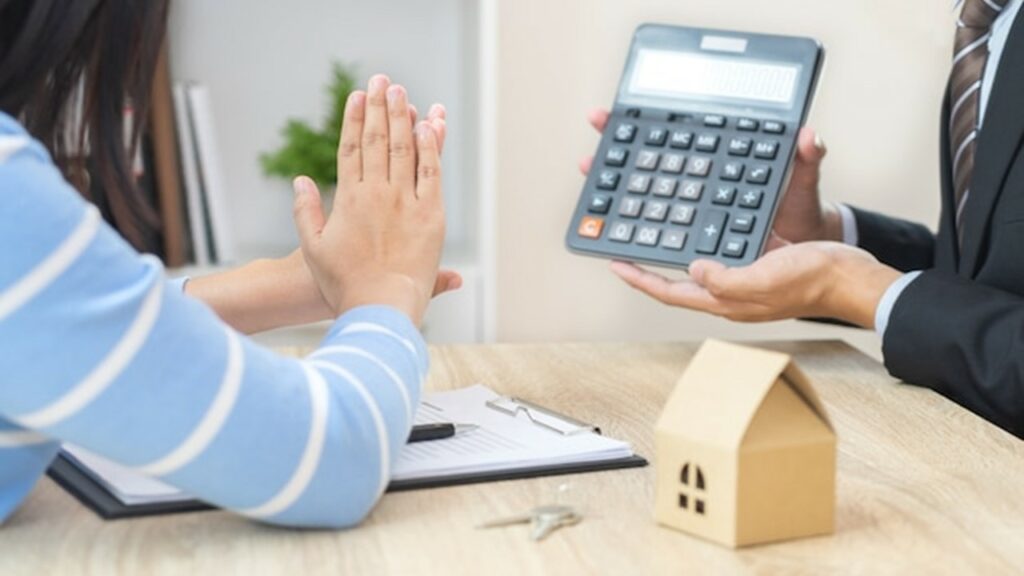
Once a home is deemed to be eligible for buyback assistance, HDB will appoint a professional licensed valuer to determine the flat’s value before putting an offer to the flat owner.
Flat owners have up to three months to decide if they wish to accept HDB’s buyback offer. However, those who reject the offer or allow it to lapse will not be eligible for buyback assistance for 12 months.
Flat owners who do sell their homes back to HDB will have their homes returned to HDB’s housing stock. These homes will be available for the public to purchase via the Sale of Balance Flats exercises or open booking.
That said, keep in mind that selling back to HDB should still be a last resort. In a joint statement between HDB and the Ministry of National Development, it was stated that ‘HDB will apply a significant subsidy to the assessed market value of the flat to determine the sale price’. In other words, don’t expect to make a massive profit from the buyback assistance scheme.
Good news for an overheating property market?

On another, slightly related note, the EIP buyback scheme may result in a slight cooling effect on the HDB market over time. Selling the home back to HDB instead of resorting to the resale market, effectively creates a ‘soft reset’ on the home’s price, after all.
How this will eventually pan out remains to be seen, although such news would certainly be welcome by future home buyers, especially after a record number of million-dollar HDB flats were sold in 2021.
Need to buy or sell a home fast?

At Ohmyhome, we’re proud of our diverse team that consists of people from ethnic groups and nationalities from all over Southeast Asia and beyond. As home buyers and homeowners ourselves, we understand first-hand how difficult it can be to fulfil EIP and SPR requirements while also trying to keep up with all the documentation involved in home transactions.
That’s exactly why we go the extra mile to provide our customers with all the help that they need to secure a home transaction in the shortest time possible. Ohmyhome’s smart data-matching technology will MATCH with the right home that fits your specific living and financial needs and HDB’s regulatory requirements. Simply submit your preferences to us and let our algorithm do all the searching for you. We’ll WhatsApp you immediately when we find a match.
Our Super Agents will then walk you through the entire home buying process from start to end, because at Ohmyhome, we’re always on your side, always by your side. Call us at 6886 9009 or Whatsapp at 9755 1009 to secure an appointment with any of our Super Agents today. You may also message us via the chat box located at the bottom, right-hand corner of the screen.
Header Image: Freepik





